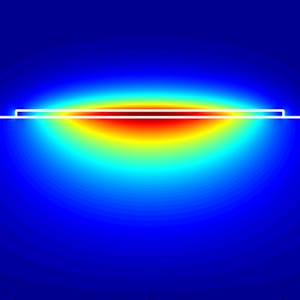The Active Optical Devices specialization offered by the University of Colorado Boulder provides a comprehensive understanding of active optical devices, focusing on semiconductor light sources, detectors, and displays. Through this program, students will gain in-depth knowledge of the design principles, performance, and application of these devices. The specialization encompasses the analysis and design of semiconductor light sources, detection systems for LIDAR, microscopy, and cameras, as well as the design of optical device systems that can adapt to the environment at hand. Additionally, students will learn to use lasers and optical electronics through an understanding of the interaction of light and atoms, laser rate equations, and noise in photo-detection.
Certificate Available ✔
Get Started / More Info
The Active Optical Devices specialization includes modules on semiconductor light sources, nanophotonics and detectors, and displays, providing hands-on experience and understanding of various optical devices and their applications.
Module 1: Light Emitting Diodes and Semiconductor Lasers
Module 2: Nanophotonics and Detectors
Module 3: Displays
Optical Engineering course teaches the design of high-performance optical systems using simple graphical techniques and industry-standard design tools.
Symmetry is the fundamental blueprint of the universe. This course explores symmetry in nature, art, and science, from common objects to atomic structures, providing...
Input Filter Design offers an in-depth exploration of electromagnetic interference (EMI) and electromagnetic compatibility (EMC) in power electronics. Gain expertise...
Primary and Secondary Batteries: This course explores the fundamental principles, design, and applications of batteries, with a focus on maximizing energy and power...